When diving into the real estate market, understanding the different types of mortgage lenders and what to consider can make a significant difference in your home-buying journey. Whether you’re a first-time buyer or looking to refinance, knowing your options is crucial.
What is a Mortgage Lender?
A mortgage lender is a financial institution that provides loans to help you purchase a home. These lenders can be traditional banks, credit unions, A Lenders, B Lenders or private lenders.

Types of Mortgage Lenders
1. Traditional Banks:
These are the most well-known and trusted entities, such as TD, Scotiabank, and BMO.
Benefits:
- Trusted reputation
- Variety of products
- Competitive rates
- Extensive branch network
Disadvantages:
- Stricter qualification criteria
- Potentially higher fees
- Less flexibility for lower credit scores
2. Credit Unions
Non-profit financial institutions that often provide lower rates and personalized service. Some well-known ones include Meridian or Duca Credit Union.
Benefits:
- Lower rates
- Personalized service
- Community-focused
Disadvantages:
- Limited product offerings
- Fewer branches
- Less brand recognition
3. A Lenders
These are the top-tier lenders, typically including major banks and credit unions with stringent lending criteria. They offer the best rates and terms, making them ideal for borrowers with strong credit profiles and stable financial backgrounds.
Benefits:
- Competitive rates
- Favorable terms
- High reliability
Disadvantages:
- Strict qualification requirements
- Need for strong credit history and stable income

4. B Lenders
These lenders are often considered second-tier. They have more flexible criteria, making them suitable for borrowers with less-than-perfect credit or unconventional financial situations. While their rates may be higher, they can be essential for those who don’t qualify with A lenders.
Benefits:
- Flexible lending criteria
- Higher acceptance rates
- Assistance for lower credit scores
Disadvantages:
- Higher interest rates
- Less favorable terms
- Potentially more fees
5. Private Lenders
Individuals or companies that offer mortgage loans with less stringent requirements than traditional banks. They are a viable option for buyers with irregular credit histories or unconventional properties.
Benefits:
- Flexible criteria
- Quicker approval process
- Tailored solutions
Disadvantages:
- Higher interest rates
- Shorter loan terms
- Less regulation

Factors to Consider When Choosing a Lender
Interest Rates: Compare rates from different lenders. A lower rate can mean significant savings over the life of the loan.
Types of Mortgages: Decide between fixed or variable rates based on market conditions and your financial goals.
Qualification Requirements: Check criteria such as credit score, income, and debt-to-income ratio.
Payment Flexibility: Look for options like accelerated payments, grace periods, and the ability to make extra payments without penalty.
Customer Service: Consider the quality of customer service, especially in complex situations. Reviews and recommendations can help identify reliable lenders.
As a Mortgage Broker with access to over 50 lenders across Canada, including Banks, Credit Unions, A lenders, B lenders, and private lenders, I can offer you a wide range of options tailored to your specific needs. Not only do I compare rates and products, but I also manage the application process, ensuring you get the best possible deal.
Are You Ready to Take the Next Step? Feel free to contact me for a free consultation. Together, we will find the best mortgage option for you and your family, ensuring a smooth purchase with the best terms available in the market.

